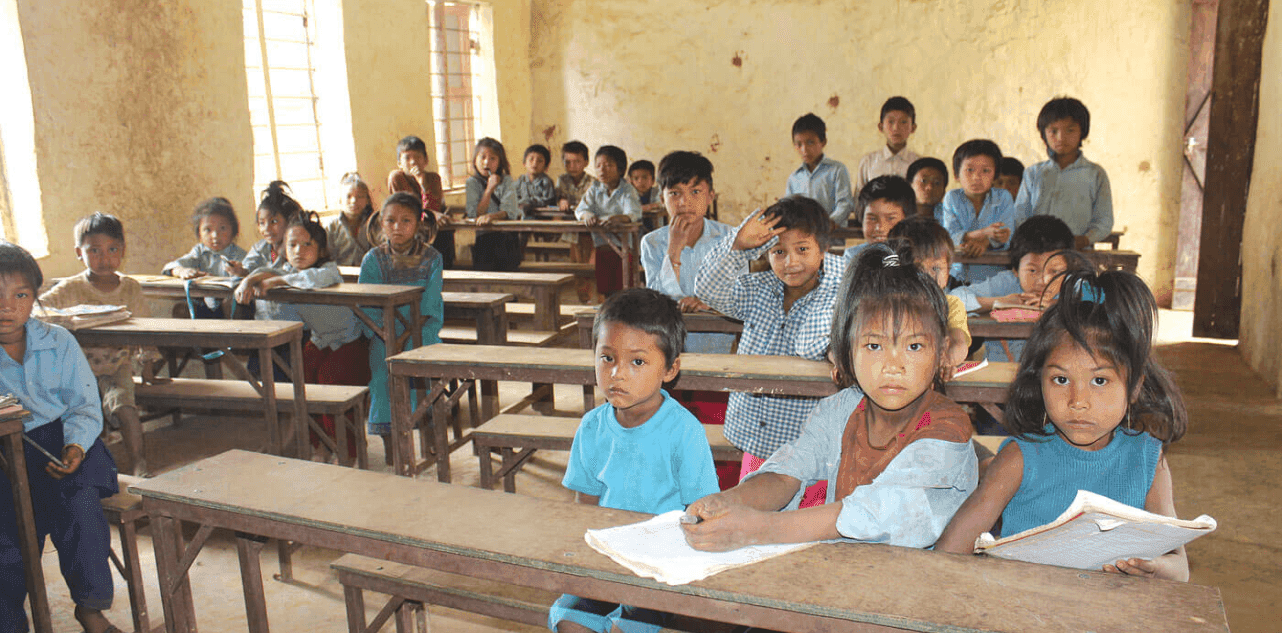Monday 16 February 2026
In Nepal's Classrooms, Youngsters Wonder if the Republic has Delivered
Share

Nepal's transition from a monarchy to a republic in 2008 was a historic shift aimed at fostering democracy and stability. However, nearly two decades later, the nation's youth are expressing growing disillusionment with the current system. This sentiment has sparked renewed debates about the effectiveness of the republic and even a reconsideration of monarchical rule.
The tragic events of June 1, 2001, when King Birendra and Queen Aishwarya were assassinated, marked a turning point in Nepal's history. The subsequent ascension of King Gyanendra and the eventual abolition of the monarchy in 2008 were intended to usher in a new era of democratic governance. For many young Nepalese, the monarchy is a distant memory, yet its legacy continues to influence contemporary political discourse.
Since becoming a republic, Nepal has experienced frequent leadership changes, with 13 different prime ministers assuming office. This political instability has led to policy inconsistencies, particularly in education, causing frustration among students. A school administrator noted that the constant shifts in leadership have resulted in lack of direction, affecting various sectors, including education. Students have faced challenges such as rolling blackouts and a precarious job market, further fueling their dissatisfaction.
Educational institutions have become arenas for political debate, with students questioning the efficacy of the current system. Teachers report that conversations often shift from academic subjects to discussions about governance and the nation's future. Sagar Acharya, a principal in Chitwan, observed that classrooms are increasingly resembling forums for parliamentary debate, highlighting the depth of student engagement with national issues.
The perceived shortcomings of the republic have led some young Nepalese to reconsider the idea of monarchical rule. Slogans like "Raja aau, desh bachau" ("King, come and save the country") have gained traction on social media platforms such as TikTok and Facebook. This shift is not necessarily rooted in nostalgia but reflects a desire for stability and effective governance. Sociologist Tara Rai suggests that this activism stems from disillusionment with the current system rather than a longing for the past.
The instability has also prompted a significant number of students to seek education and employment opportunities abroad. Over the past five years, more than 300,000 students have left Nepal for higher education, according to the International Organisation for Migration. In 2022 alone, the Department of Foreign Employment issued over 110,000 student visa recommendations. This exodus reflects a broader sentiment of uncertainty about the future among Nepalese youth.
Nepal's journey as a republic has been marked by challenges that have deeply affected its younger generation. The frequent changes in leadership, policy inconsistencies, and limited opportunities have led to a reevaluation of the nation's political structure. As Nepalese youth continue to voice their concerns and seek avenues for meaningful change, the nation stands at a crossroads, contemplating the path that will best serve its future.
Newsletter
Stay up to date with all the latest News that affects you in politics, finance and more.